Posted on 3/28/2025

A musty smell coming from your car’s air conditioning system can make every drive unpleasant. If turning on the AC fills your cabin with a damp, moldy odor, there’s likely an issue with moisture buildup, bacteria, or even a clogged filter. Ignoring the problem can lead to worsening air quality and potential health concerns. Let’s break down the common causes of this issue and what you can do to fix it. 1. Mold and Mildew Growth in the AC System One of the most common reasons for a musty smell is mold and mildew buildup inside the air conditioning system. When moisture lingers in the evaporator core or air ducts, it creates the perfect environment for mold to grow. This often happens if: You frequently use the AC in humid conditions Water isn’t draining properly from the system Your car sits unused for long periods with moisture trapped inside A professional cleaning of your AC system, including the evaporator coil and ducts, can help elimin ... read more
Posted on 2/28/2025
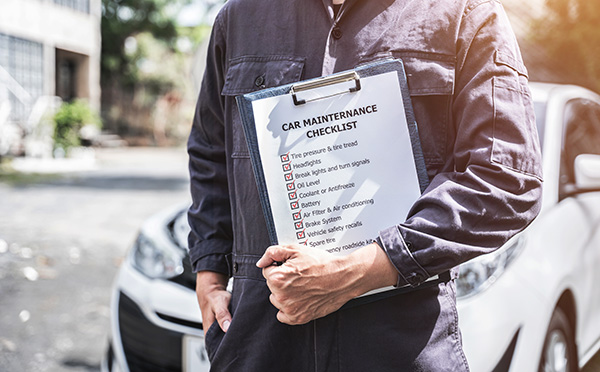
As winter fades away, spring brings a welcome change—but it also comes with unpredictable weather that can put your car to the test. Rain, fluctuating temperatures, and lingering winter damage can all impact your vehicle’s performance. If you want to stay ahead of potential problems, preparing your car for the season is essential. For drivers in Pennsylvania, spring conditions can be a mix of heavy rains, pothole-ridden roads, and sudden temperature shifts. Taking the right steps now can help ensure your vehicle is ready for anything the season throws your way. Check Your Tires for Wear and Proper Inflation Spring often means wetter roads, and having reliable tires is critical for traction and safety. After months of winter driving, your tires may have uneven wear or lost air pressure. Cold temperatures can cause tire pressure to drop, and if you haven’t checked it in a while, your tires might not be providing optimal contact with the road. If you ... read more
Posted on 1/31/2025
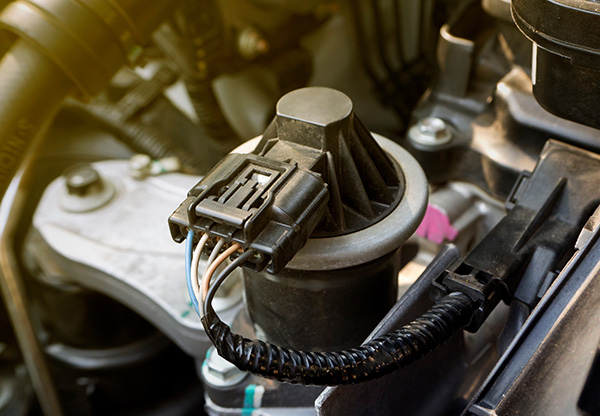
Although your vehicle's oxygen sensors may not seem like the most exciting aspect of its design, they play a vital role. These devices quietly monitor and optimize your engine's performance. But what exactly do they do, and why should you care about them? Let's explore their significance and how these small sensors can impact everything from fuel efficiency to emissions. What Are Oxygen Sensors and How Do They Work Oxygen sensors, often referred to as O2 sensors, are small electronic devices strategically placed in your vehicle’s exhaust system. Their job? To measure the amount of oxygen in the exhaust gases exiting your engine. When your engine burns fuel, the ideal mix of air and fuel is crucial for efficient combustion. Oxygen sensors analyze the exhaust and send data to your car’s engine control unit (ECU). The ECU then adjusts the air-to-fuel ratio t ... read more
Posted on 12/20/2024

As temperatures drop and roads begin to frost over, your car faces a new set of challenges. Winter is tough on vehicles; without proper preparation, it could lead to breakdowns or even accidents. The good news? Getting your car ready for winter isn’t as complicated as you might think. A little attention now can save you a whole lot of hassle later. Inspect and Replace Your Tires Your tires are your first line of defense against slippery roads. If they’re worn out, you’re putting yourself at risk. Winter weather demands good tread depth to maintain traction on icy or wet surfaces. Not sure how to check? Grab a penny and insert it into the tread with Lincoln’s head facing down. If you can see his whole head, it’s time for new tires. If your area experiences heavy snowfall, consider investing in winter tires. These are specially designed to grip icy roads better, giving you more control when conditions are less than ideal. Don’t forg ... read more
Posted on 11/29/2024
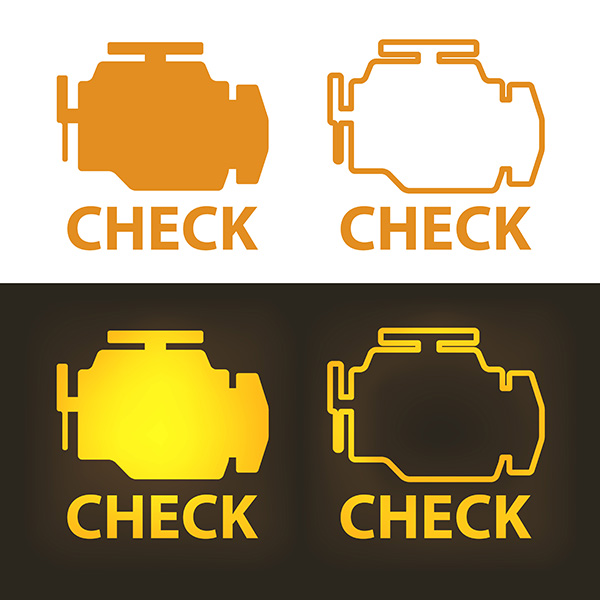
When the check engine light appears on your dashboard, it’s hard not to feel a little panic. Is it a minor issue or something that needs immediate attention? Understanding what your car is trying to tell you can make all the difference between a quick fix and a costly repair. So, can you drive with a solid or blinking check engine light? 1. What Does the Check Engine Light Mean Your car’s check engine light is part of its onboard diagnostics system, designed to alert you when something is wrong with the engine or other critical components. It could be triggered by a wide range of issues, from a loose gas cap to more serious engine problems like misfires or emission control system failures. The key is understanding what the light is communicating and how urgent the problem might be. The check engine light comes in two forms: a solid light and a blinking light. B ... read more
Posted on 10/31/2024
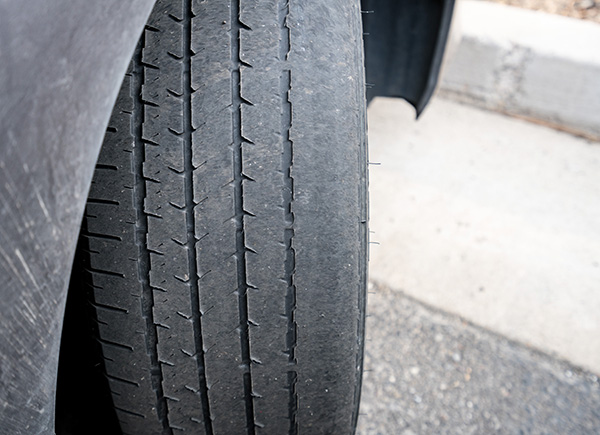
Tires are one of the most critical components of your vehicle, yet they can be overlooked when it comes to regular maintenance. Proper tire care can save you money in the long run by extending your tires' lifespan and improving your vehicle's safety and performance. If you’re looking to get the most out of your tires, there are several simple yet effective steps you can take. Let’s look into seven key maintenance tips that will help you keep your tires in excellent condition for as long as possible. 1. Regularly Check Tire Pressure One of the simplest yet most important maintenance tasks is checking your tire pressure. Underinflated tires wear out faster, increase fuel consumption, and can even cause blowouts. On the other hand, overinflated tires can lead to uneven wear and reduce traction. Ideally, you should check your tire pressure at least once a month and before long trips. Make sure to use a reliable tire pressure gauge and compare the rea ... read more
Posted on 9/27/2024
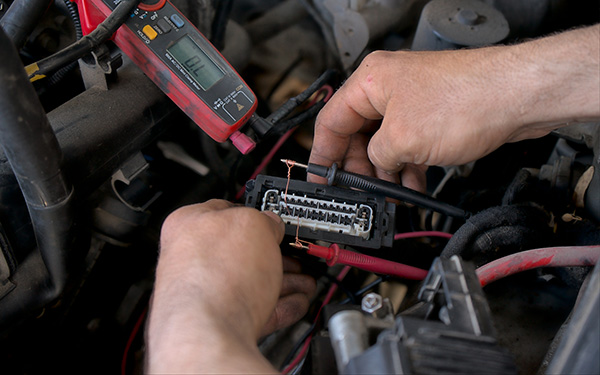
There’s nothing more frustrating than getting into your car, turning the key, and nothing happens. Or maybe your dashboard lights flicker, your radio dies, or your power windows stop responding. Electrical issues in a car can be confusing and annoying. But before you panic, you might be able to troubleshoot some of these issues yourself. With a little patience and some basic knowledge, identifying the root cause of an electrical problem in your vehicle could save you time and money. So, what should you look for when dealing with car electrical issues? Let’s break it down. Check the Battery First When your car won’t start, your first instinct might be to think something major is wrong. But more often than not, the culprit behind most electrical issues is the car’s battery. A car battery supplies power to the electrical components in your vehicle, and if it’s drained, corroded, or near the end of its lifespan, things can start going haywir ... read more
Posted on 8/30/2024
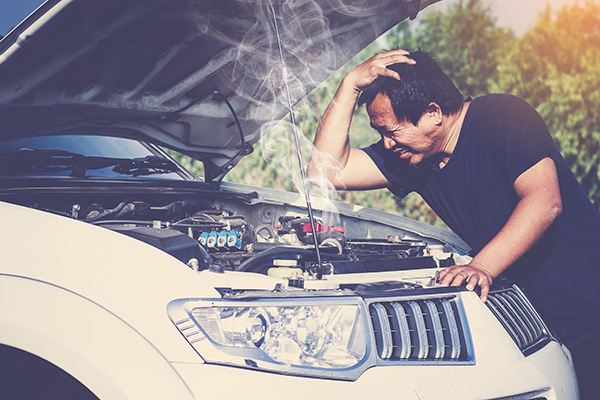
Ever found yourself stranded on the side of the road with steam billowing from under your car's hood? Overheating is a common car issue that can cause serious damage if not addressed properly. The secret to avoiding this headache lies in maintaining an effective cooling system. These are the essential steps to ensure your car's cooling system stays in top-notch condition. Your Car's Cooling System Before we get to the maintenance, it's important to understand how your car's cooling system works. The system is designed to manage the heat produced by the engine, keeping it within an optimal temperature range. It comprises several key components: the radiator, water pump, thermostat, coolant, and hoses. The coolant circulates through the engine, absorbing heat and then traveling to the radiator, where it is cooled by airflow before repeating the process. Regular Coolant Checks and Changes ... read more
Posted on 7/26/2024
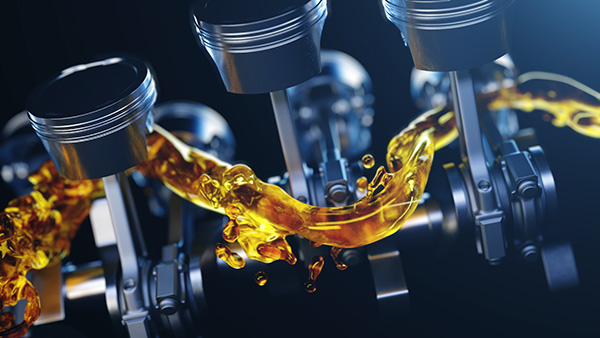
Maintaining your vehicle is essential to ensuring its longevity and optimal performance. Among the various maintenance tasks, routine oil maintenance stands out as one of the most important. But what makes regular oil changes so significant? Let's explore the numerous benefits of keeping up with your vehicle's oil maintenance and how it can save you from significant headaches. Enhanced Engine Performance Ever wondered why your car doesn't run as well as it used to? It might be time for an oil change. Fresh oil is vital in lubricating the engine's components, reducing friction, and allowing them to move smoothly. Over time, oil breaks down and becomes contaminated with dirt and debris, which can lead to increased friction and wear on the engine. Regular oil changes ensure that your engine always operates with clean, high-quality oil, leading to better performance and efficiency. Clean oil also helps to enhance the engine's overall performa ... read more
Posted on 6/28/2024
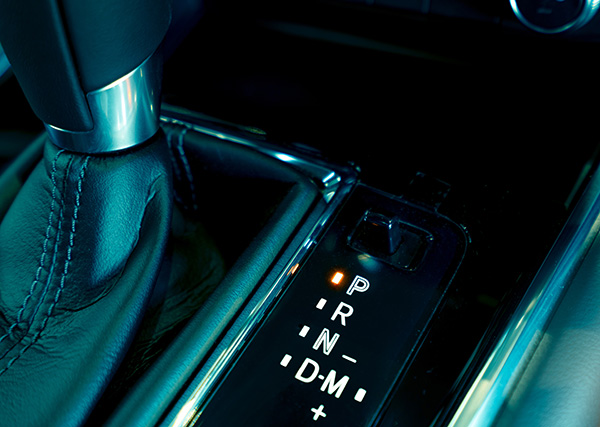
Ever felt a strange shudder while driving or heard an unusual noise coming from your car? These could be early indicators that your transmission is in trouble. Ignoring these warning signs can lead to major repairs and even put your safety at risk. We're dedicated to helping you understand the critical signs of transmission problems and what you should do about them. Understanding the Transmission's Role Your car's transmission is shifting gears and transmitting power from the engine to the wheels. It ensures that the engine runs at an optimal speed, whether you're accelerating on the highway or cruising through city streets. Given its complex and vital role, the transmission requires regular maintenance and prompt attention at the first sign of trouble. Common Transmission Warning Signs1. Slipping Gears One of the most noticeable signs of transmission trouble is slipping gears. This occurs when your vehicle unexpe ... read more